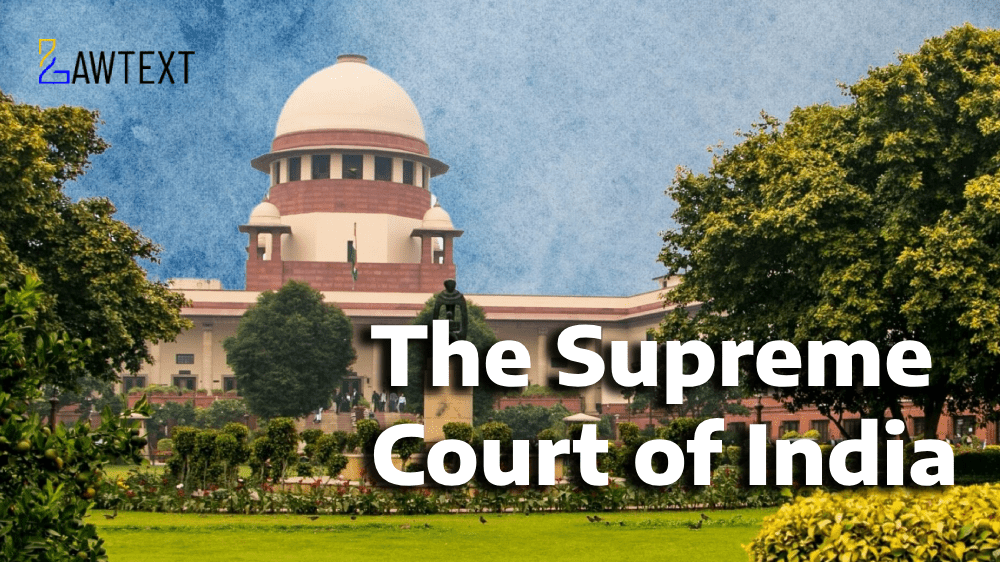

Shamlat Deh Status Confirmed: The court upheld the classification of the lands as Shamlat Deh. The petitioners failed to establish any valid ownership claim.
Quasi-Permanent Allotment Not Established: The petitioners could not prove that their lands were allotted on a quasi-permanent basis. Leaseholders do not qualify for protection under Section 2(g)(ii-a).
Lease Does Not Confer Ownership: Leasehold rights are temporary and do not convert into ownership. The petitioners' ancestors were recorded as lessees, not owners.
Unauthorized Occupation Not Protected: The court affirmed eviction orders under Section 7 of the Act.
Procedural Irregularities Rejected: Non-framing of issues did not prejudice the petitioners, as they were aware of the case and had presented evidence.
Nature of Litigation:
Who is Asking the Court & For What Remedy?
Reason for Filing the Case:
What Has Already Been Decided Until Now?
Shamlat Deh – Leaseholders – Quasi-Permanent Allotment – Unauthorized Occupation – Section 2(g)(ii-a) – Punjab Village Common Lands (Regulation) Act – Eviction – Lease v. Ownership – Non-Framing of Issues – Adverse Possession
Citation: 2025 LawText (SC) (1) 27
Case Number: Special Leave Petition (C) No. 8687 of 2012 With Special Leave Petition (C) No. 1668 of 2019 Special Leave Petition C) No. 34380 of 2012 Special Leave Petition (C) No. 34382 of 2012 Special Leave Petition (C) No. 34381 of 2012 Special Leave Petition (C) No. 33833 of 2012 Special Leave Petition (C) No. 33831 of 2012 Special Leave Petition (C) No. 33998 of 2012 Special Leave Petition (C) No. 33832 of 2012 Special Leave Petition (C) No. 33764 of 2012 Special Leave Petition (C) No. 34678 of 2012 Special Leave Petition (C) No. 38532 of 2012 Special Leave Petition (C) No. 205-208 of 2014 Special Leave Petition (C) No. 22206-22209 of 2013 Special Leave Petition (C) No. 19680 of 2013 Special Leave Petition (C) No. 30491 of 2013 Special Leave Petition (C) No. 488 of 2014 Special Leave Petition (C) No. 486 of 2014 Special Leave Petition (C) No. 36797 of 2013 Special Leave Petition (C) No. 6181 of 2014 Special Leave Petition (C) No. 17304-17305 of 2014 Special Leave Petition SLP (C) No. 30271 of 2014 Special Leave Petition (C)...CC No. 6152 of 2015 Special Leave Petition (C) No. 15510 of 2015 Special Leave Petition (C) No. 17550-17552 of 2015 Special Leave Petition (C) No. 24350 of 2015 Special Leave Petition (C) No. 24357 of 2015 Diary No(s). 12497 of 2017 Special Leave Petition (C) No. 13391 of 2018 Special Leave Petition (C) No. 26164 of 2018
Date of Decision: 2025-01-02
Case Title: Dalip Ram Versus The State of Punjab & Ors.
Before Judge: (C.T. Ravikumar J. , Rajesh Bindal J.)
Appellant: Dalip Ram
Respondent: The State of Punjab & Ors.